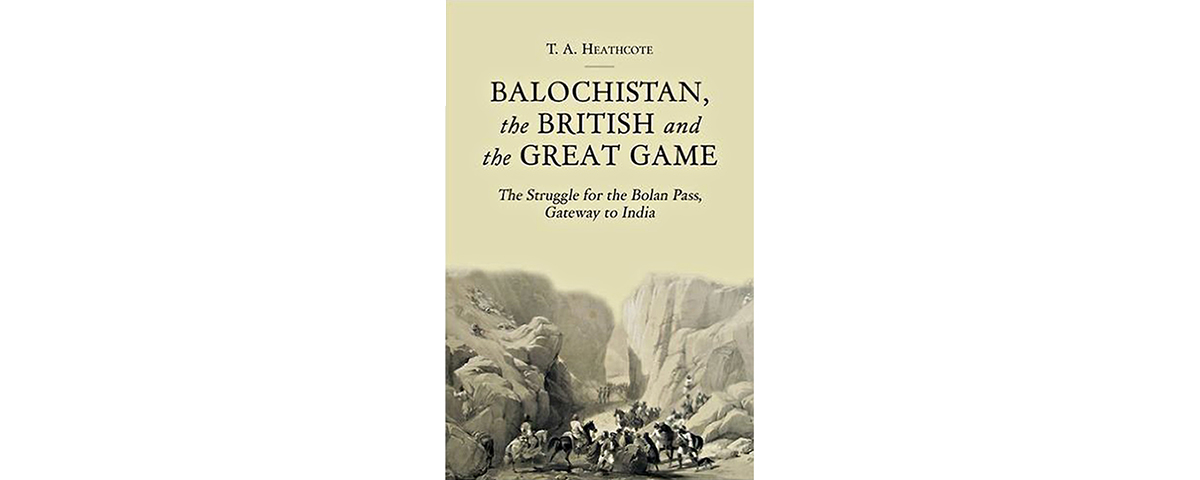Balochistan, the British and the Great Game: The Struggle for the Bolan Pass, Gateway to India, by T.A. Heathcote, C. Hurst & Co., London, 2015, $50
In Pakistan in the days before September 2001, a lone Englishman could, as I did, catch the train from Lahore to Quetta. On the final stage of the 25-hour journey the terrain became more and more mountainous as it approached the narrow defile of the Bolan Pass. Just then, ambling by on the adjacent road, was a camel train, the scene harking back centuries when the pass served as the gateway to India for invaders from southern Afghanistan.
Unlike the Khyber to the far north—onetime home to the largest garrison in the British empire, which sat below the pass—the garrison in Balochistan was at Quetta, above the Bolan Pass. A Pashtun proverb encapsulates the essence of that era: “First comes one Englishman, as a traveler or for shikar; then come two and render a map; then comes an army and takes the country. It is better, therefore, to kill the first Englishman.”
So it was that after two British officers, fluent Persian speakers masquerading as horse traders, made their first explorations, the army soon followed. The 1839 invasion force, ensured safe passage through alliances forged with those who controlled the Bolan, crossed into Afghanistan through the pass. Oh, that it could have traversed the route in reverse before its annihilation in Kabul.
Heathcote brilliantly captures the ebb and flow of frontier intrigues and campaigns—some, to paraphrase Kipling, “scrimmages in border stations,” others on a far greater scale—and the heroes. Among the more colorful figures was Colonel Sir Robert Groves Sandeman, who readily disregarded immediate superiors to appeal directly to higher British authority. As “Master of Balochistan” he achieved legendary status, his influence continuing long after his death.
—David Saunders





